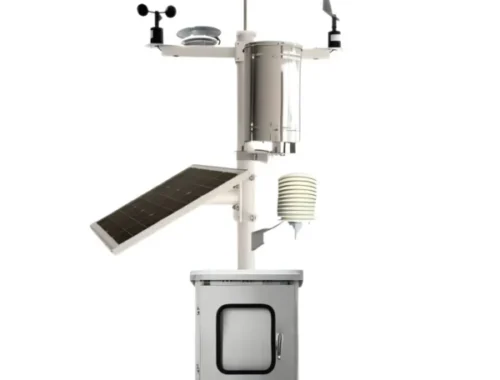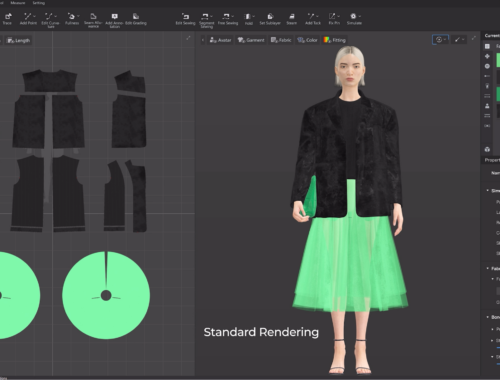Don’t Shoot the (Bike) Messenger
Americans tend to equate cycling with frivolity, but riding bikes can be serious business
Among the many absurd reasons people cite for opposing new bicycle-infrastructure projects, one of the more vexing ones is that it’s somehow a waste of money because cycling is a leisure activity. One common refrain: “Why should I have to pay so a bunch of Lance Armstrong wannabes can work out in Spandex?”
The American attitude is that drivers are doing important stuff, while cyclists are just having fun, which is faulty logic for three reasons:
- Not everyone on a bike is engaged in leisure.
- Not every driver is engaged in business.
- Nobody wants to be Lance Armstrong anymore.
Sure, some people are indeed working out on their bikes, but if we’re going to refuse to build bike lanes on that basis, then we should also ban driving to the gym.
The problem with the “bikes are frivolous” attitude isn’t just that it fails to acknowledge the many people who depend on their bikes to run errands or to get to work—it also ignores all those for whom riding a bike is work. Yes, that’s right, bicycle delivery didn’t die out after the movie Quicksilver or even after the movie Premium Rush (snarky hot takes aside). In fact, not only are there still bicycle messengers, but the world of commercial cycling has become even more diverse and nuanced, thanks to the advent of app-based delivery services. Then, of course, you’ve got the mechanics and other bike shop employees who service all these commercial cyclists. In a big city like New York, this adds up to a lot of people who depend on bikes for their livelihood, which is why there’s a movement afoot (or awheel) among them to organize.
Even so, in any public discourse concerning bicycle infrastructure, there’s a tendency to discount commercial cyclists as people who somehow don’t warrant the protection of the bike lane, as well as a refusal to treat them as professionals who are just as much a part of the local economy as the postal workers, delivery truck drivers, and UPS drivers who are forever blocking said bike lane. Bike-hating New York Post columnist Steve Cuozzo idiotically derided a bike lane on the basis that it’s a “superhighway for General Tso’s chicken” that’s “used mainly for home food deliveries.” (I’ve never heard someone argue against First Avenue because people receive sofa deliveries on it.) The commanding officer of my local police precinct dismissed the need for a bike lane on a certain deadly stretch of road because it’s used “mostly by delivery cyclists.” This casual dismissal of people who ride bikes for a living is at best a failure to recognize them as legitimate road users, and at worst racist. It’s also depressingly easy to get away with when so many are immigrants with limited English.
Our failure to take commercial cycling seriously doesn’t just deprive workers of a living wage, health benefits, and better infrastructure. It also deprives everybody of the transformative power of the bicycle. In the same way apps have simplified the way we order deliveries, e-bikes are revolutionizing the way those deliveries are made. However, instead of working to realize the full potential of e-bike technology, New York City went to war with it.
Meanwhile, not only are we subjected to pollution and crushing traffic jams, but we’re also subjected to literal crushings because our streets are overrun with commercial motor-vehicle traffic. And while we’ll always need great big trucks, there’s little reason for them to be in the densest parts of the city. We’re long past due when it comes to shifting to lighter, cleaner, and more efficient vehicles for making local deliveries. Granted, a city buzzing with pizza drones may seem creepy and vaguely dystopian, but what’s not to like about your Cyber Monday purchases showing up by e-trike?
Despite our cultural blind spot when it comes to taking bikes seriously, they’re already transforming cityscapes all over the country and the world. Citi Bike saw 16 million trips in New York City in 2016 alone, and in 2014 its employees joined Transport Workers Union Local 100. Systems in other cities are organizing as well. Even police departments recognize the importance of bicycles, and the NYPD now has a Strategic Response Group Bicycle Squad:
“One bike does the job of three cops,’’ one source said, with another adding, “If you see a guy on a bike, it’s a lot less hostile to a crowd than a guy with a helmet and a nightstick.’’
Sure, it’s not exactly warm and fuzzy, but beyond crowd control, bicycle patrols also offer the potential for more positive interactions with the community. (Philadelphia Starbucks arrest notwithstanding.)
If you don’t like bikes, it’s easy to reduce the people who ride them to stereotypes in order to fit your anti-bike agenda. They’re either Lycra-clad fitness freaks or thrill-seekers who would rather make deliveries than get a “real” job or people who somehow don’t count because they’re delivering your dinner. What this really underscores, however, is that the bicycle is essential to people from all walks of life, and that its uses are at least as diverse as those of the internal combustion engine. Fully recognizing and supporting the people who use bicycles to make a living is an important step in making the most out of these machines.
And hey, if people using bikes for work also happen to have fun on them in the process, don’t hold that against them.
Illustration by Taj Mihelich
Don't Camp at Walmart
You May Also Like

What is an Automatic Weather Station?
March 15, 2025
ユニットハウスのメリットとデメリットを徹底解説
March 21, 2025